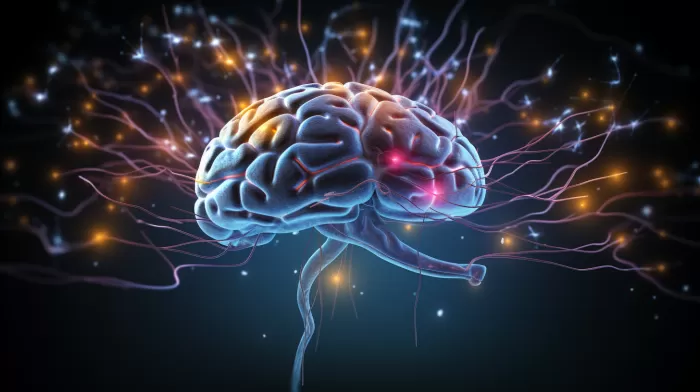Millions of people take statin drugs to lower their cholesterol levels and protect their hearts, but what if I told you that by doing so, you might be damaging your brain instead? Studies have shown that cholesterol reduction can directly affect the brain’s data-processing and memory functions, meaning that it could actually make you less smart and less able to remember things. But don’t worry, I’m here to help you make sense of it all, and explain how cholesterol and statins affect your brain, as well as what you can do to keep both your heart and your brain healthy.
Understanding Cholesterol
Cholesterol is a fatty substance found in your blood, which is mainly produced by your liver but also comes from the food you eat. Your body needs cholesterol to keep your cell walls flexible and to produce certain hormones, but having too much cholesterol can be a problem. It can lead to fatty deposits in your blood vessels, which can increase your risk of heart disease.
Statins are drugs that help to reduce your cholesterol levels by inhibiting the enzyme HMG-CoA reductase, which plays a key role in the production of cholesterol by your liver. They have been widely prescribed and have been shown to be effective in lowering the risk of heart attack and stroke. However, their potential negative impact on cognitive function has also become a concern.
How Statins Affect the Brain
So, how exactly do statins impact the brain? Research conducted by Yeon-Kyun Shin at Iowa State University has shown that cholesterol is vital for efficient brain function, as it plays a crucial role in the release of neurotransmitters. Neurotransmitters are chemicals that transmit signals in the brain and nervous system, and they are essential for the brain to process information and create memories.
Shin’s experiments revealed that when cholesterol was removed from the brain, the neurotransmitter-release machinery functioned poorly. However, when cholesterol was reintroduced into the system, protein function increased by five times. According to Shin, there’s a direct link between cholesterol and neurotransmitter release, and cholesterol changes the shape of the protein to stimulate thinking and memory.
This means that taking statin drugs can actually slow down your brain by reducing the synthesis of cholesterol necessary for optimal brain function.
Balancing Heart and Brain Health
It’s important to find a balance between protecting your heart and keeping your brain healthy. For many people, statins can be an important part of a heart-healthy lifestyle, but it’s also crucial to consider the possible risks and benefits and to explore alternative ways of lowering your cholesterol levels.
Here are four strategies that you can implement to help lower your cholesterol while maintaining your cognitive function:
- Diet: A healthy diet is key to staying heart- and brain-healthy. Focus on incorporating foods rich in omega-3 fatty acids, such as salmon and walnuts, which have been shown to improve brain function and lower triglyceride levels. Additionally, avoid trans fats and consume more soluble fiber, which can help lower your cholesterol levels.
-
Exercise: Regular physical activity can help raise your HDL (good) cholesterol levels while lowering your LDL (bad) cholesterol levels. Aim for at least 150 minutes of moderate-intensity aerobic exercise per week to keep your heart and brain in good shape.
-
Moderate alcohol consumption: Drinking alcohol in moderation (one drink per day for women and two drinks per day for men) can actually help raise your HDL cholesterol levels, but be cautious not to drink too much, as excessive alcohol consumption can have negative effects on your brain function.
-
Lifestyle changes: Quit smoking, manage stress, and maintain a healthy weight to help lower your cholesterol levels and improve your overall heart and brain health.
Remember, it’s important to always discuss your health concerns with your doctor, including any potential side effects of medications you’re prescribed. If you’re worried about the impact of statin drugs on your cognitive function, your healthcare provider can help you find the most appropriate solution to protect both your heart and your brain.



